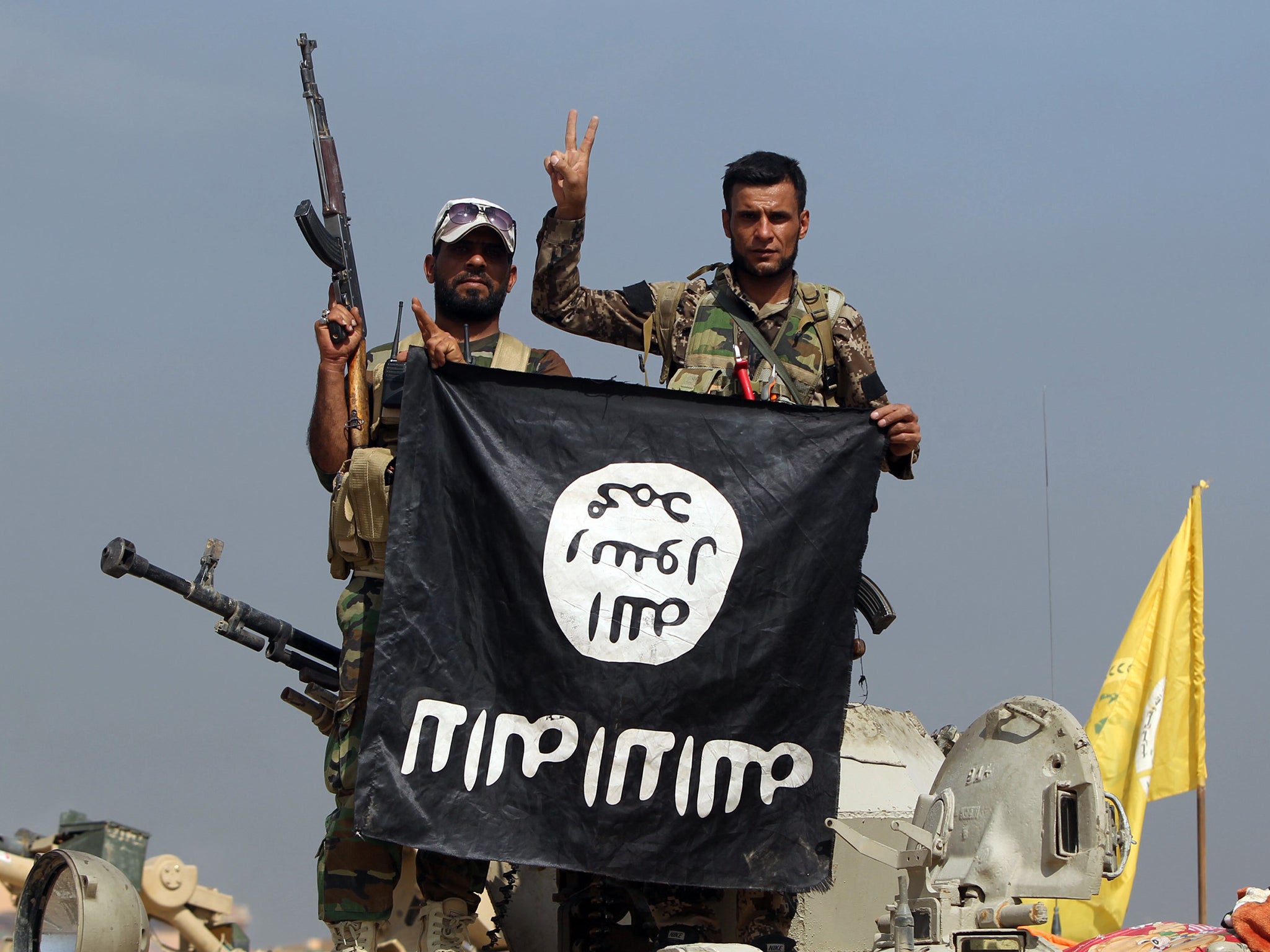John Kerry: There is no ‘manual’ on how to beat terrorism but we are determined to defeat Isis
The secretary of state made the remarks at the world’s first ever global assembly to tackle the issue

Your support helps us to tell the story
From reproductive rights to climate change to Big Tech, The Independent is on the ground when the story is developing. Whether it's investigating the financials of Elon Musk's pro-Trump PAC or producing our latest documentary, 'The A Word', which shines a light on the American women fighting for reproductive rights, we know how important it is to parse out the facts from the messaging.
At such a critical moment in US history, we need reporters on the ground. Your donation allows us to keep sending journalists to speak to both sides of the story.
The Independent is trusted by Americans across the entire political spectrum. And unlike many other quality news outlets, we choose not to lock Americans out of our reporting and analysis with paywalls. We believe quality journalism should be available to everyone, paid for by those who can afford it.
Your support makes all the difference.For a three-day conference of world leaders, there could never have been a larger and more all-encompassing subject to tackle.
How to beat Isis. Not just one cell or group of people, but a vast swathe of affiliated networks across the world who are adept at social media, recruitment and planning deadly and elaborate attacks.
The summit of global leaders in Washington DC starts one day after a pot of money has been pledged - $2.1 billion to help assist the people of Iraq as they move back into their homes and who are desperately in need of food and water.
In the opening remarks for the conference, US secretary of state John Kerry welcomed the attendees - a who’s who in the corridors of power, from the UK’s new foreign secretary Boris Johnson as well as heads of state from countries including France, Finland, Sweden, Canada, Japan, Kuwait and Australia, as well as the FBI and military leaders.
“We are engaged in an historic effort,” said Mr Kerry.
“Nothing like this coalition has ever before been assembled. And we’re not following a manual on antiterrorist coalition-building, we’re writing it.”
The conference will focus, he said, on sharing ideas, learning about different situations and challenges facing each country, from domestic terror attacks in the US like San Bernardino and Orlando, to the Nice and Paris attacks in France and airport security in Turkey, to the devastating war in Syria which has displaced millions and triggered the largest refugee crisis since World War II.
The so-called “Counter-ISIL” coalition was first summoned by president Obama two years ago.
And in the wake of the attack in Nice this month where a lorry driver ploughed into Bastille Day crowds, killing 84 outright, president Obama vowed that he would “never give up on diplomacy”.
Mr Kerry, starting the summit on an optimistic note, told the audience that US airstrikes have driven “Daesh” out of nearly half the territory it once occupied in Iraq and out of 20 per cent of its territory in Syria, cutting down terrorist fighters by a “third”.
The coalition also hopes that around 40,000 citizens will return to the embattled and bulldozed city of Fallujah in the coming weeks.
Yet, skewing the numbers another way, terrorists still claim 80 per cent of their territory in Syria and two thirds of the fighters are at large.
Mr Kerry likened Isis to a bacteria or a virus, “resilient” and adaptable to changing conditions. It requires a multi-faceted attack - an attack against its supply lines, its oil facilities, tanker trucks and cash storage sites. The US already has information sharing agreements with 55 international partners to track down terrorists.
The first clear goal is to counter Isis in Syria, Iraq, followed by Afghanistan and Libya, and as defense secretary Ash Carter described it, the “intangible geography and terrain of the internet”. Over 20 of Isis “external operators” are dead, so far.
In the meantime, the “cancer” is spreading, developing expertise in more foreign languages and establishing contacts around the world.
While words like “caliphate” and “Allahu Akbar” are always wet on the lips of Donald Trump and his allies, Mr Kerry restrained from peddling Islamophobic talk during his opening speech.
Yet to understand how to defeat the network, he said leaders must be clear on the purpose of Isis.
“To kill as many people as it can, in as many places as possible,” said Mr Kerry.
In the immediate absence of any great diplomatic ideas, the conference is unlikely to avert the continuation of war.
The US has made it clear, and very early on.
It is equally determined to kill as many Isis leaders as it can, and in as many places as possible.
Join our commenting forum
Join thought-provoking conversations, follow other Independent readers and see their replies
Comments